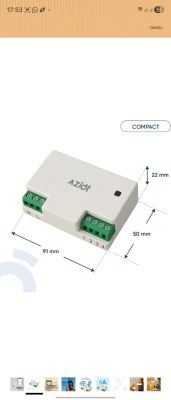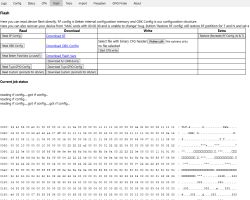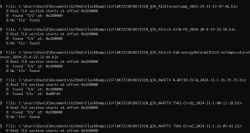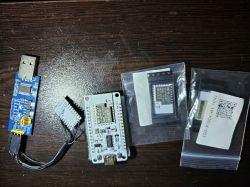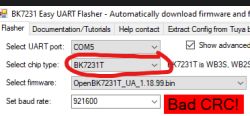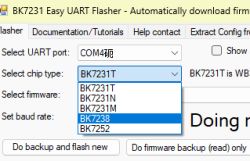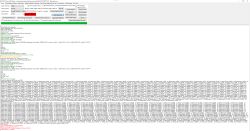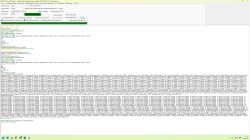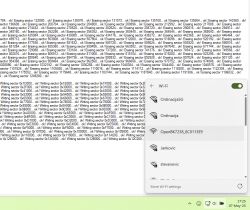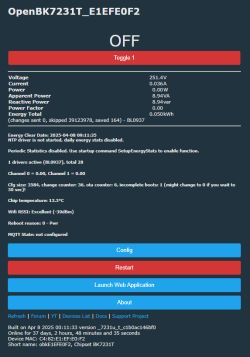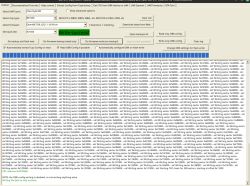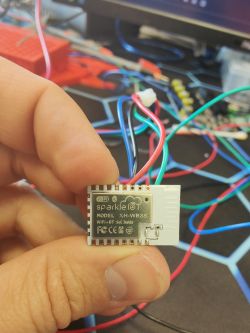I'm still working on it, but I can't see now any other way to pass the define to make other than manually setting it per platform in like:
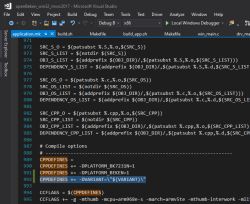
Maybe I will fall back to separate obk_config.h, at least currently. not sure yet
Added after 48 [minutes]:
Ok so I did copy config approach, at least for now. Here is current obk with and without berry:

Added after 12 [minutes]:
Current permutations idea (not finished):
1. Obk default (like usual)
2. Obk TuyaMCU
+ enabled berry support
+ enabled charts
- removed I2C LED drivers
- removed BL0937, BL0942 and stuff
- removed IR
- removed W2812
3. Obk PowerMetering
+ enabled berry support
+ enabled charts
- removed generic LED driver
- removed I2C LED drivers
- removed TuyaMCU
- removed W2812
- removed IR
Added after 4 [hours] 35 [minutes]:

Helpful post? Buy me a coffee.
\OpenBK7231T\apps\OpenBK7231T_App\sdk\OpenBK7231N\platforms\bk7231n\bk7231n_os\application.mk

Maybe I will fall back to separate obk_config.h, at least currently. not sure yet
Added after 48 [minutes]:
Ok so I did copy config approach, at least for now. Here is current obk with and without berry:
Added after 12 [minutes]:
Current permutations idea (not finished):
1. Obk default (like usual)
2. Obk TuyaMCU
+ enabled berry support
+ enabled charts
- removed I2C LED drivers
- removed BL0937, BL0942 and stuff
- removed IR
- removed W2812
3. Obk PowerMetering
+ enabled berry support
+ enabled charts
- removed generic LED driver
- removed I2C LED drivers
- removed TuyaMCU
- removed W2812
- removed IR
Added after 4 [hours] 35 [minutes]:






